Apple's litigious crusade against Samsung trundled along in U.S. appellate court on Wednesday, but judges were skeptical of an argument claiming continued patent infringement by Samsung is causing Apple irreparable harm.
In a hearing with the U.S. Court of Appeals for the Federal Circuit, Apple argued for an injunction against Samsung handsets that infringe on patented technology, reports Reuters.
The appeals case relates to the second Apple v. Samsung trial heard in California, which was decided in May 2014 when a jury found Samsung guilty of infringing on Apple's '647 patent for data detectors and '721 patent for "slide-to-unlock." Judge Lucy Koh, who presided over that case, also handed down a summary judgment holding Samsung in infringement of Apple's '172 patent for predictive text input.
Despite past findings of infringement, appeals court Judge Kimberly Moore voiced skepticism over Apple's claims of irreparable harm, noting that Apple licenses the same technology to other companies.
"You've already licensed these patents up the wazoo!" Judge Moore said, adding later, "You've licensed them to everyone. So why is it irreparable harm if Samsung uses the patents?"
Judge Sharon Prost was similarly dubious, saying she was "having a hard time getting past irreparable harm."
Apple attorney William Lee pointed out that Samsung was capable of building in software workarounds, but had yet to do so. He also noted that big name smartphone makers like Google and Huawei have not licensed Apple's patented technology.
Samsung lawyer Kathleen Sullivan countered, saying an injunction is not necessary as the company's handsets no longer use the IP in question.
"Why are you fighting it?" Moore asked Apple. "Why am I wasting my time?"
Apple and Samsung's legal battle has quieted down since the two companies agreed to settle all non-U.S. disputes last August. The stateside cases are the most important, however, as they carry the most significant monetary and technological implications.
As for the second California patent trial, a recent ruling handed down by Judge Koh in November entitled Apple to ongoing royalties on infringing products Samsung continued to sell post-judgment. These royalties are not guaranteed, however, and Apple would have to prove Samsung not only continued sales, but that the devices in question infringed its patents in the same way as ruled by a jury in May.
 Mikey Campbell
Mikey Campbell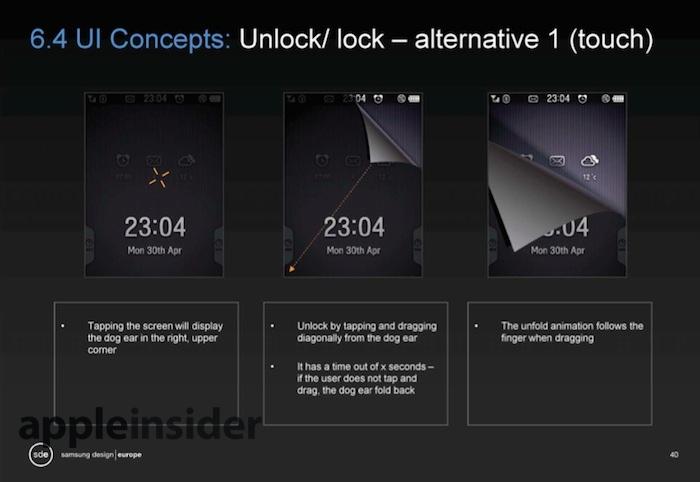

-xl-(1)-xl-xl-m.jpg)


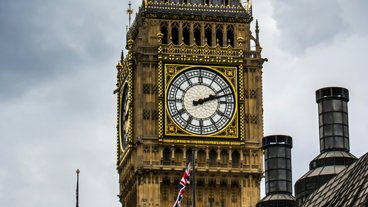


-m.jpg)





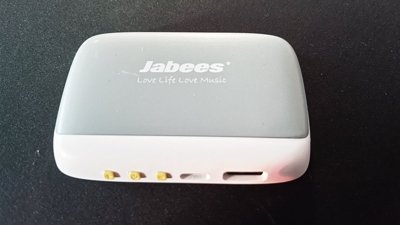
 Amber Neely
Amber Neely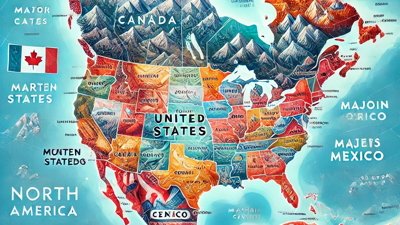
 Wesley Hilliard
Wesley Hilliard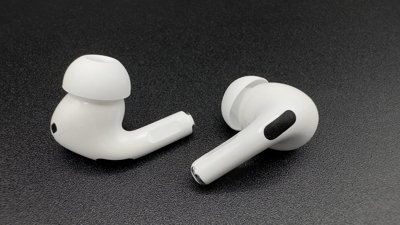
 Marko Zivkovic
Marko Zivkovic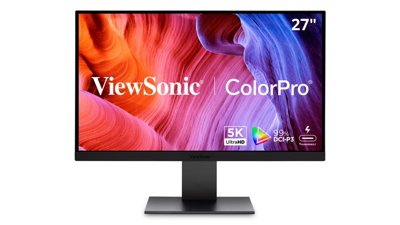
 Andrew Orr
Andrew Orr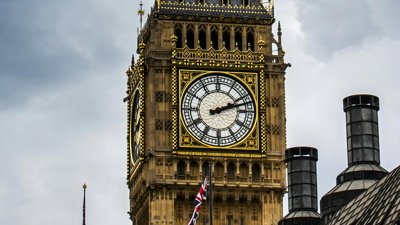
 Malcolm Owen
Malcolm Owen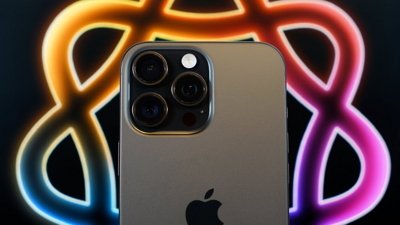

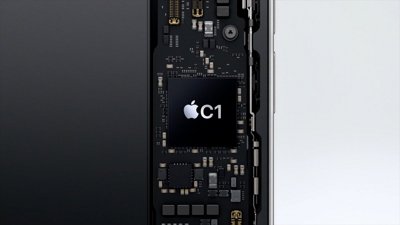
 Andrew O'Hara
Andrew O'Hara






88 Comments
I can't imagine how one defines irreparable harm in a legal sense.
Seems to me the judges are essentially saying to Apple—look at you, you've made huge profits and couldn't be healthier; clearly, this infringement by Samsung isn't going to hurt you.
I think that's a bad argument, as it suggests that unless you can show reduced profits or sales, then you can't win. What about the millions of extra sales that Samsung have probably made as a result of their infringement? It would be probably impossible to say with surety that they are as a result of their infringement, but one can certainly say that it is a reasonable assumption, as they are the only competitor to Apple to garner significant sales. I see no good reason why Samsung should not be liable for a very large sum of damages to Apple as a consequence.
I really hate how Samsung have gotten away with such blatant infringement on Apple's patents. I think that the judges' prevarication demonstrates a weakness in their thinking, which bodes ill for all inventors and, ultimately, innovation.
Clearly Apple must relocate to Korea. There's no such thing as justice here anymore.
I agree. What's this "irreparable" harm act? Why is Samsung getting away with this when in their own admission they just ripped Apple off everywhere they could. Maybe Samsung can get away with making some robot judges? What do we need humans for to be totally non-discerning. Our court system really suck. If you invent anything electronic that Samsung might copy, you are screwed.
Let them all copy Apple without limit. Then when Apple disappears because people copy all its stuff, judges will wonder how that happened.
So their argument is that because Apple licenses the technology to other companies, it's okay for Samsung to use it even without entering into a licensing agreement, and the judgment won't be enforced...? I don't get it.